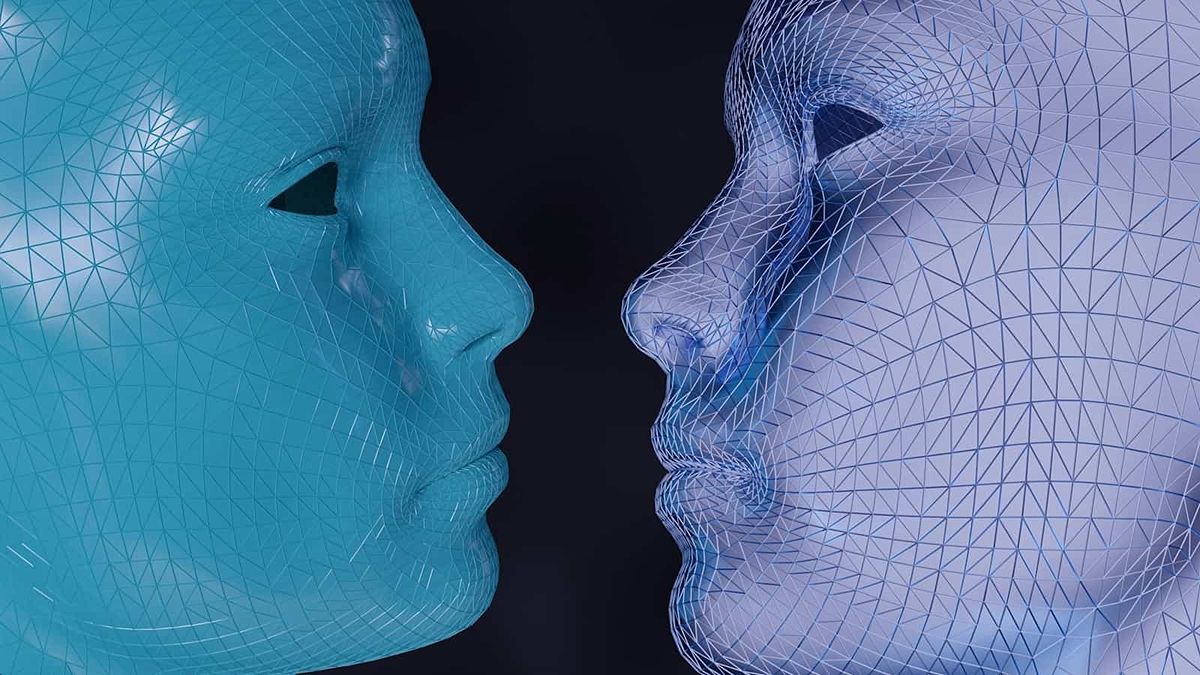Explore the legal implications and lack of protection surrounding the collection and marketing of facial data without consent, raising concerns about privacy rights and the need for comprehensive regulations.
The Legal Status of Facial Data and the Need for Protection
In today's digital age, the collection and marketing of facial data without explicit consent has become a concerning issue. While intense profiling and government surveillance are hot topics, the legal regulations governing the use of facial information are lagging behind. This raises questions about the legal status of our faces and the need for adequate protection.
Facial information is a unique and sensitive form of personal data. It has the power to identify individuals, making it highly valuable to businesses and individuals alike. However, the Privacy Act in Australia does not specifically define biometric information, including facial data, although it considers it as part of our personal sensitive information. While the act prohibits the collection of biometric information without consent, it does not specify whether consent should be express or implied.
Companies like Clearview AI and PimEye are actively collecting and selling facial data without our consent, creating databases used by both law enforcement agencies and private companies. Even if we delete our facial data from the internet, we can still be captured in public and end up in a database without our knowledge or permission. Additionally, generative AI programs allow anyone to modify facial information easily, further compromising our privacy.
The Lack of Legal Protection for Facial Data
Our faces, which are unique to us, do not have any special legal status or protection. The only recourse for individuals concerned about the aggressive collection of their facial data is to file a complaint with the office of the Australian Information Commissioner. However, this may or may not result in an investigation.
Deepfakes, which are manipulated videos or images using AI, pose another threat to our privacy. The Australian Competition and Consumer Commission only considers deepfakes in the context of false advertising, leaving individuals without protection from unauthorized use of their facial information.
Proposed Solutions and Government Response
To address these issues, there is a need for comprehensive regulations on the collection and modification of facial information. The University of Technology Sydney has proposed a legal framework for regulating the use of facial recognition technology in Australia, which could help guide the development of new laws.
The government has acknowledged the need for enhanced risk assessment requirements in the context of facial recognition technology and other uses of biometric information. Additionally, they have agreed that consent for the collection of biometric information should be voluntary, informed, current, specific, and unambiguous.
While there are no specific discussions on higher levels of protection for facial information in general, the government has shown promising provisions in response to the Attorney-General's Privacy Act review. As the exploitation of facial information becomes more prevalent, we eagerly await the implementation of these discussions into law to ensure that our privacy rights are respected in this rapidly evolving digital landscape.

